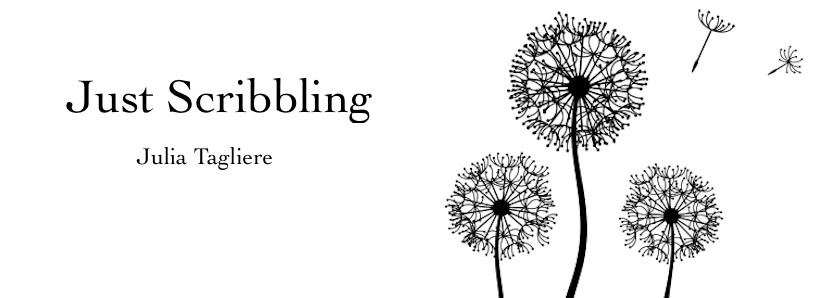 It’s time for another peek into my work-in-progress. Last week, I introduced you to the members of the Barnes family, the folks at the center of my new novel. You may have noticed their names are a bit unusual. Just as with my cover, there’s a story behind that, too:
It’s time for another peek into my work-in-progress. Last week, I introduced you to the members of the Barnes family, the folks at the center of my new novel. You may have noticed their names are a bit unusual. Just as with my cover, there’s a story behind that, too:
Their mother, Ellie, had been convinced that within her children lay the seeds of greatness. This belief had manifested itself in her choice of names, and so, each child bore the name of a great and powerful leader: Elizabeth, Hannibal, and Alexander.
Portentous though they may have been, the boys’ names were decidedly difficult for young Miss Elizabeth Barnes to pronounce properly (immediately upon learning to babble, she’d shortened her own name). Bibi formally christened her brothers early on: “Dis Nibble,” she’d proclaimed, ruthlessly jabbing the sleeping Hannibal in the head, “an’ dis Lex,” giving little Alexander an equally enthusiastic thumb to the eye. Much to Ellie’s enduring chagrin, Bibi’s names for her brothers stuck fast.
Less than fond of the twins’ tiresome company to begin with, Bibi crowed with glee upon later discovering more fitting (in her mind, anyway) namesakes for her brothers: Superman’s evil arch nemesis Lex Luthor and the fictional mass murderer Hannibal Lecter. (Bibi’s prodigious appetite for books led her more toward the macabre and violent than to the fluffy and pink.)
A friend asked me last week what, if any, feedback I was desiring as I share these bits and pieces. I guess I’m not really looking for any–yet. You see, this stage of writing a book is magical. It is the stage where anything can happen: characters can live or die, be heroes or villains; voyages can be made or forgotten; plots can drive themselves right off a cliff or reach right into my chest and grab hold of my pounding heart. It’s the moment of anything-is-possible.
At this stage, I’m not worrying about feedback; I’m reveling. Feel free to lay your comments on me, but as far as formal feedback goes, I’ll wait and ask for that when I hit the editing stage and feel less like I’m flying and more like I’m drowning.




